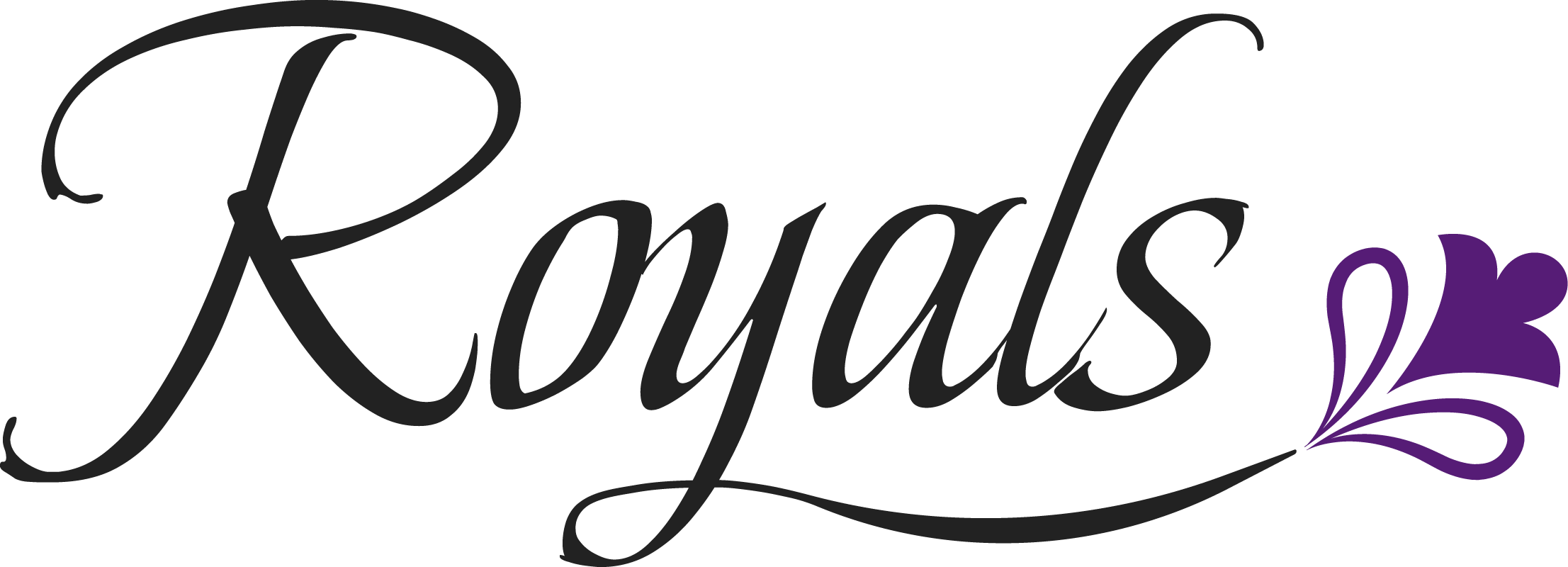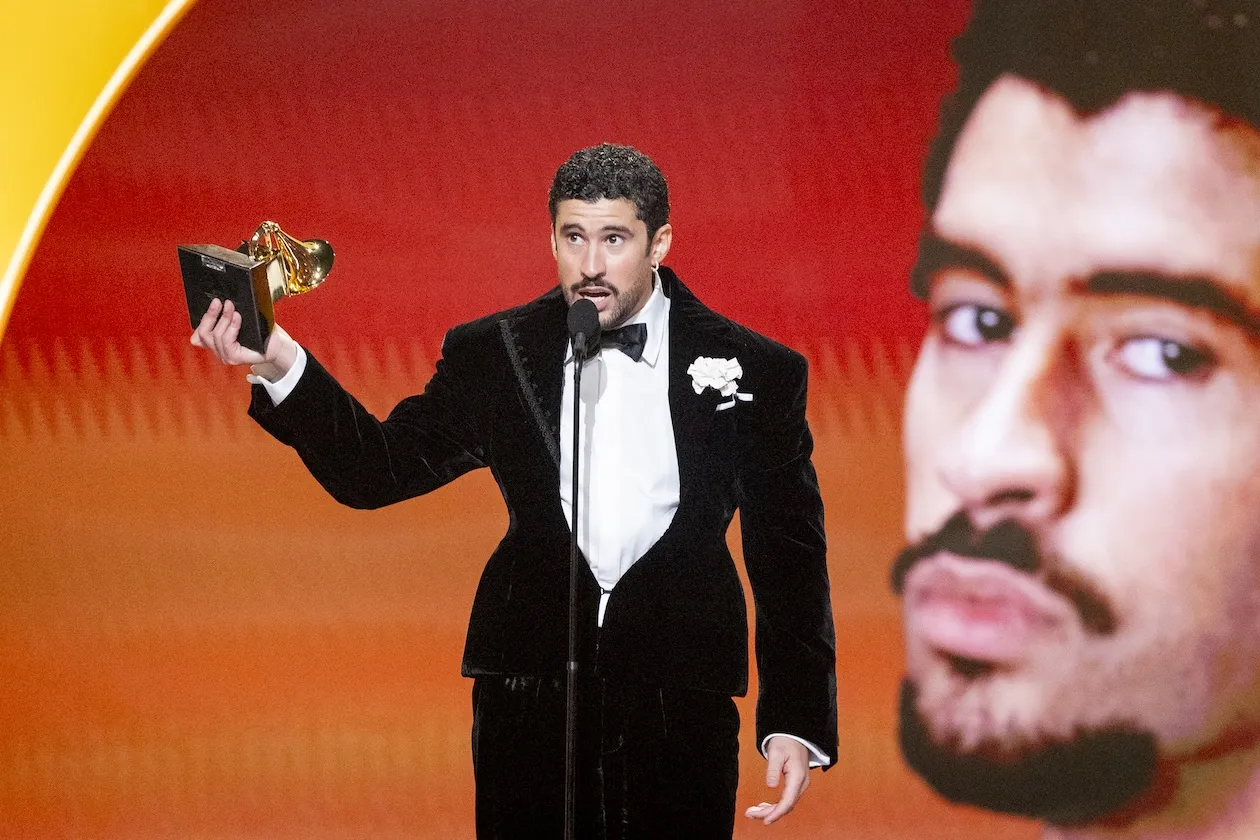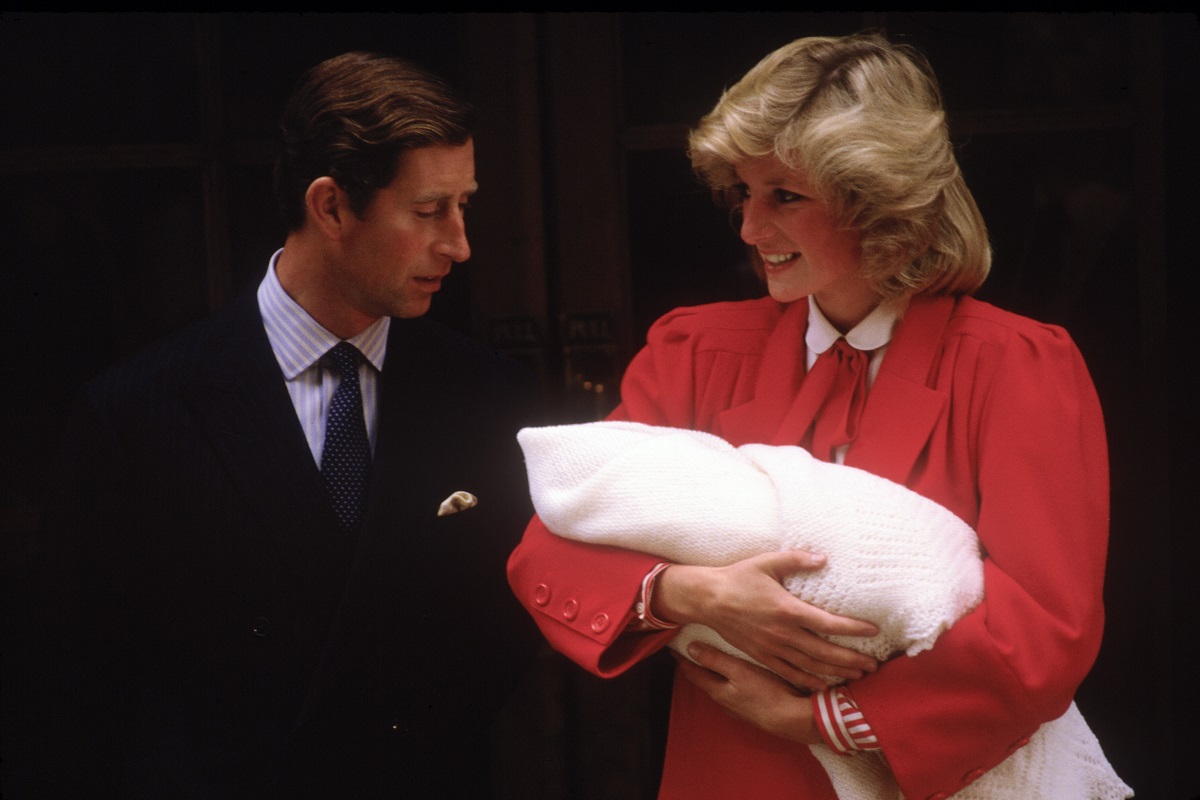
Why Princess Diana’s Mother Snapped at Charles After Prince Harry’s Birth
Princess Diana married Prince Charles, now King Charles III, in 1981, and within a year they welcomed their first son Prince William. Then, on Sept. 15, 1984, the princess gave birth to their second son Prince Harry.
Diana revealed that by the time Harry was born her and her husband’s marriage had gone downhill. And it’s been reported that one comment from Charles really set off Diana’s mother. Here’s what the then-prince said that made Frances Shand Kydd snap at him.
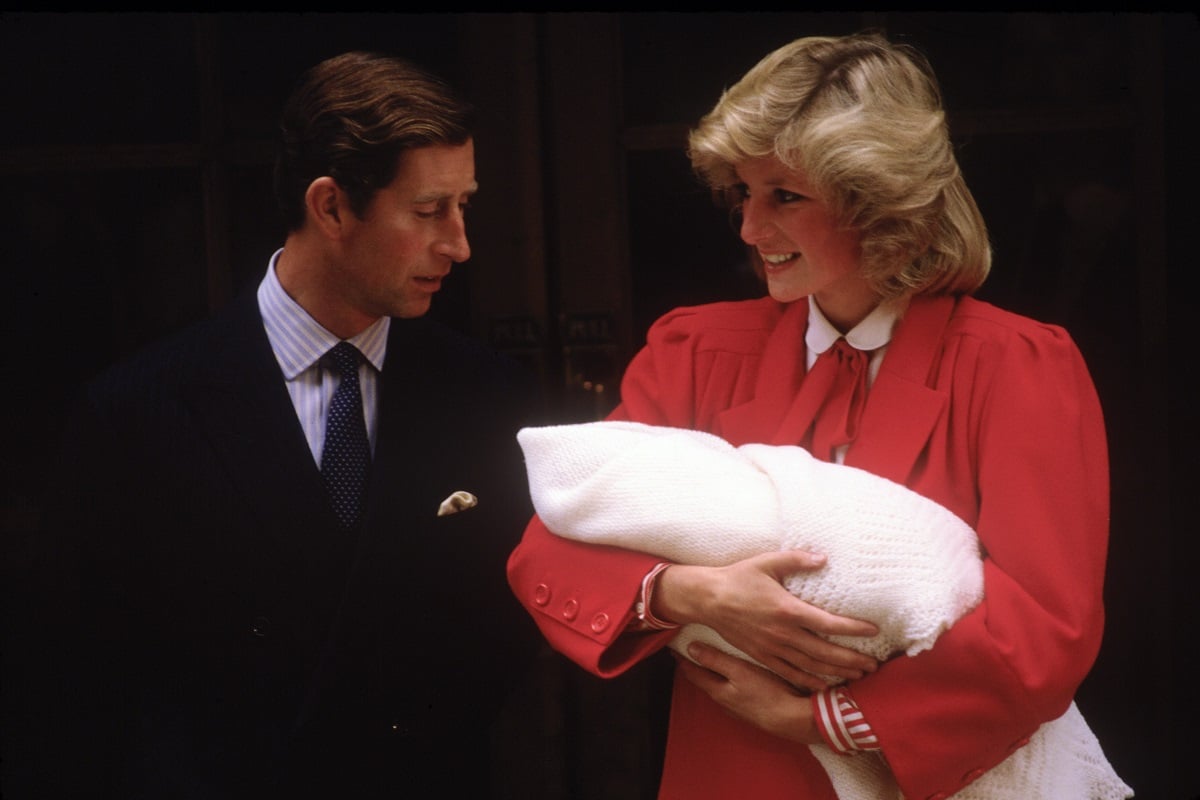
Princess Diana said Charles always wanted a daughter
In secretly recorded tapes Diana had sent to biographer Andrew Morton, she said her husband was somewhat upset when Prince Harry was born because he had wanted a daughter.
“I knew Harry was going to be a boy because I saw on the scan,” the princess admitted. “Charles always wanted a girl. He wanted two children, and he wanted a girl. I knew Harry was a boy and I didn’t tell him.”
Diana also claimed that after Harry’s birth Charles didn’t hide his disappointment and commented on their’s son appearance exclaiming: “He’s even got red hair!”
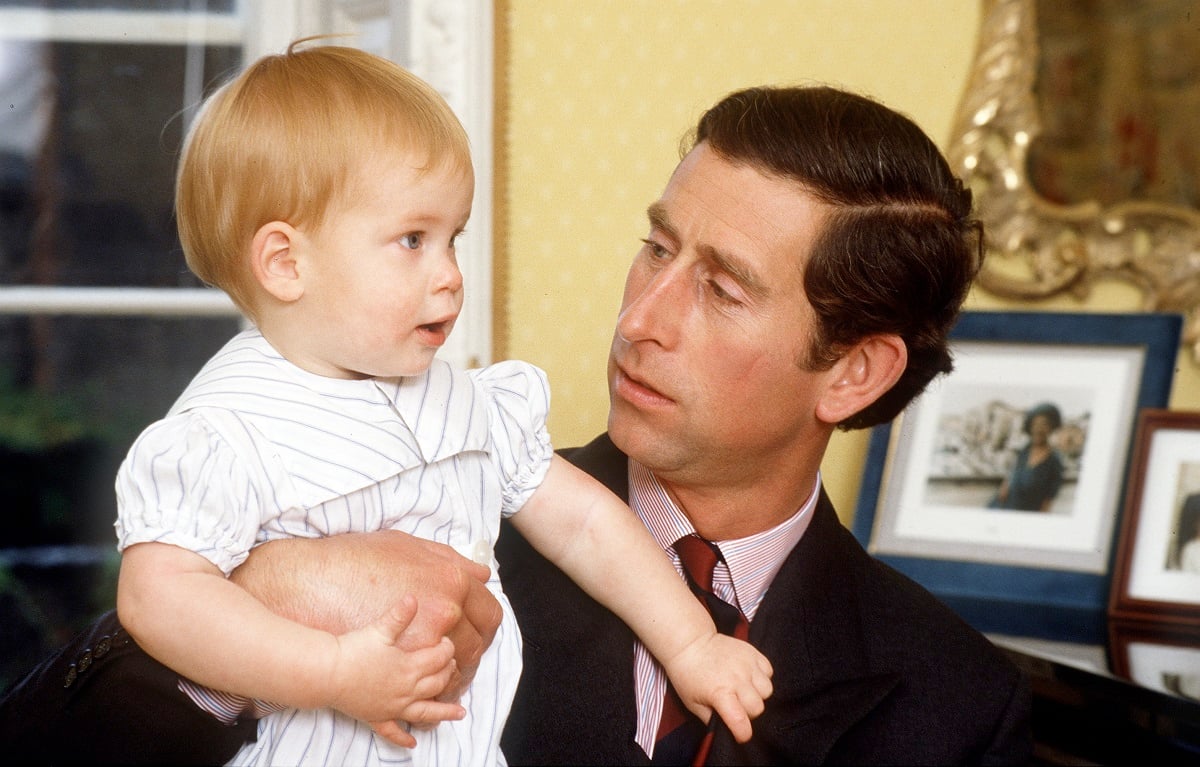
Charles’ other remark after Prince Harry’s birth infuriated Diana’s mom
According to the documentary Secrets of the Royals, it was another comment Charles allegedly made though that ticked off Diana’s mother.
Morton said Diana told him: “Charles went to talk to my mother at Harry’s christening and said, ‘We were so disappointed — we thought it would be a girl.’ Mummy snapped his head off saying, ‘You should realize how lucky you are to have a child that’s normal.’”
Author Angela Levin explained why Kydd had such a strong response revealing: “Frances took this like a knife to her heart. This is because she lost a baby boy (John Spencer) and was furious that someone could not be totally grateful for a baby that was healthy and vigorous. It was an extraordinary outburst because most people fear trepidation from very senior royals. They don’t want to get into an argument.”
Morton added that Charles was surprised by the outburst saying: “When Frances retorted ‘you should be very happy, you have had a healthy boy’ Prince Charles was taken aback … Confrontations like this were not the norm for the reserved Windsors. As Princess Diana’ struggled to find her feet as a Windsor wife, the royal family hoped she could maintain a stiff upper lip. But as a Spencer, that did not come naturally.”
Diana and her mom weren’t speaking at the time of the princess’ death
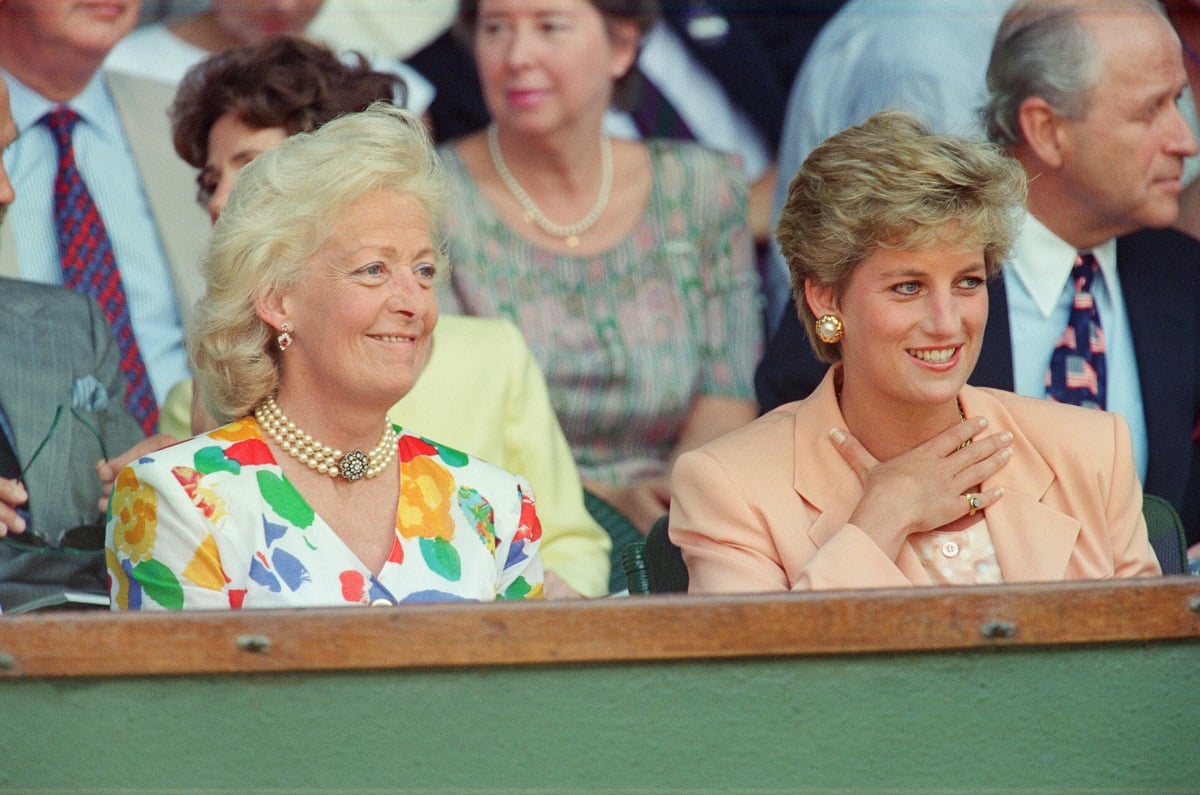
Princess Diana died on Aug. 31, 1997, following a car crash in Paris. Diana and her mother were not speaking to each other at the time. Diana’s butler Paul Burrell alleged the reason for their fallout was because Kydd disapproved of her daughter’s relationship, particularly with Pakistani heart surgeon Dr. Hasnat Khan.
Burrell said that Diana asked him to listen in on a phone call with her mother. “It was the slurring voice of Mrs. Frances Shand Kydd,” he told the Mirror. “What I heard was a torrent of abuse, swearing, and upsetting innuendo towards the princess and towards the male company she was keeping. It was a hate-filled personal attack on the men and their religious beliefs.”
Kydd later refuted Burrell’s claims but admitted that she and Diana were not on speaking terms at the time of her death.
Kydd died on June 3, 2004, after a battle with Parkinson’s disease and brain cancer.
